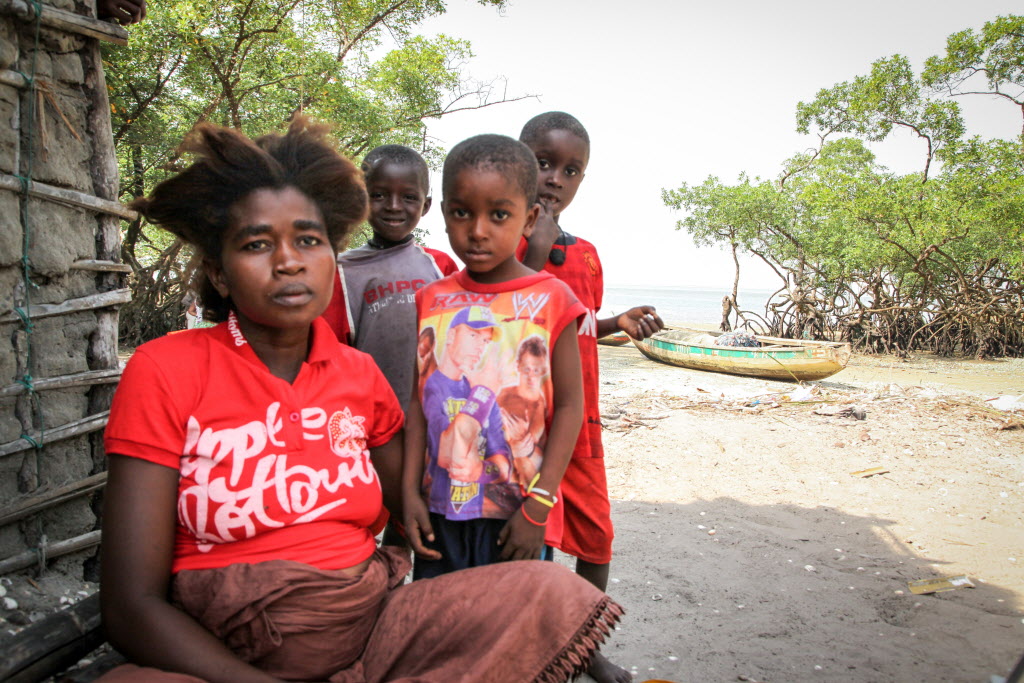
FREETOWN, Sierra Leone (March 26, 2015) — On the eve of a three-day lock-down that will quarantine some 6 million people across Sierra Leone, World Vision is urging a renewed focus on safe and dignified burials to help eradicate the virus.
New cases of Ebola are still being reported each week in Sierra Leone a year after the epidemic began. To help stem the outbreak, President Ernest Koroma has ordered a national lockdown from March 27-29. The aim is to get to zero new cases by mid-April, when the rainy season is due to begin. Aid and healthcare workers are concerned that the rains may complicate the fight against Ebola by washing away roads and making it harder to reach affected areas.
During the “stay-home” as the lock-down is dubbed locally, community health workers will go door-to-door reminding households of the dangers of traditional burials, a key factor in the spread of the virus, and investigating deaths not reported to the government.
“This stay-home is an extreme measure in an extreme crisis,” says Leslie Scott, Director of World Vision in Sierra Leone. “But top-down approaches don’t always work. If we are serious about getting to zero cases soon, we must scale up our community engagement efforts. We need to ensure that people own the messages about hazardous traditional practices, such as washing the deceased, and adopt safe burial practices instead.”
Scott says that World Vision’s Safe and Dignified Burials program has played a critical role in reducing the transmission of Ebola in communities where the agency has worked for more than 20 years. Some 275 workers have been trained and equipped to conduct burials that protect family members from contamination while honoring the dead.
Since November, World Vision’s 30 teams have conducted 4,700 burials for Ebola victims and others in Sierra Leone. These areas have all seen a significant diminution in new infection rates since the burial work began.
Early in the crisis, World Vision engaged trusted faith leaders — both Christian and Muslims — to help communicate life-saving messages about Ebola prevention. They worked together to change the mindset of their congregations, helping them to adjust their traditional burial practices, at least until the crisis is over. Some clerics even exchanged pulpits — imams addressing churches and pastors speaking at Friday prayers in mosques — to “shake up the message” about Ebola. They convinced people to call the burial teams to intern their deceased loved ones, instead of doing it themselves.
World Vision is managing the burial teams in 12 of the 14 districts in Sierra Leone in consortium with Catholic Relief Services and CAFOD.
The consortium has buried a total of more than 7,000 people since November, when the outbreak was at its peak in Sierra Leone. “We are winning the war on Ebola, but we have not won yet,” says Scott “We have to get to zero cases so we can advance as a country. At World Vision, we want to move from providing safe and dignified burials to empowering people to lead safe and dignified lives.”
– END –
About World Vision:
World Vision is a Christian humanitarian organization conducting relief, development, and advocacy activities in its work with children, families, and their communities in nearly 100 countries to help them reach their full potential by tackling the causes of poverty and injustice. World Vision serves all people regardless of religion, race, ethnicity, or gender. For more information, please visit www.WorldVision.org/media-center/ or on Twitter @WorldVisionUSA.
Highlights
- Three-day lock-down will quarantine some 6 million people across Sierra Leone
- World Vision is urging a renewed focus on safe and dignified burials to help eradicate the virus